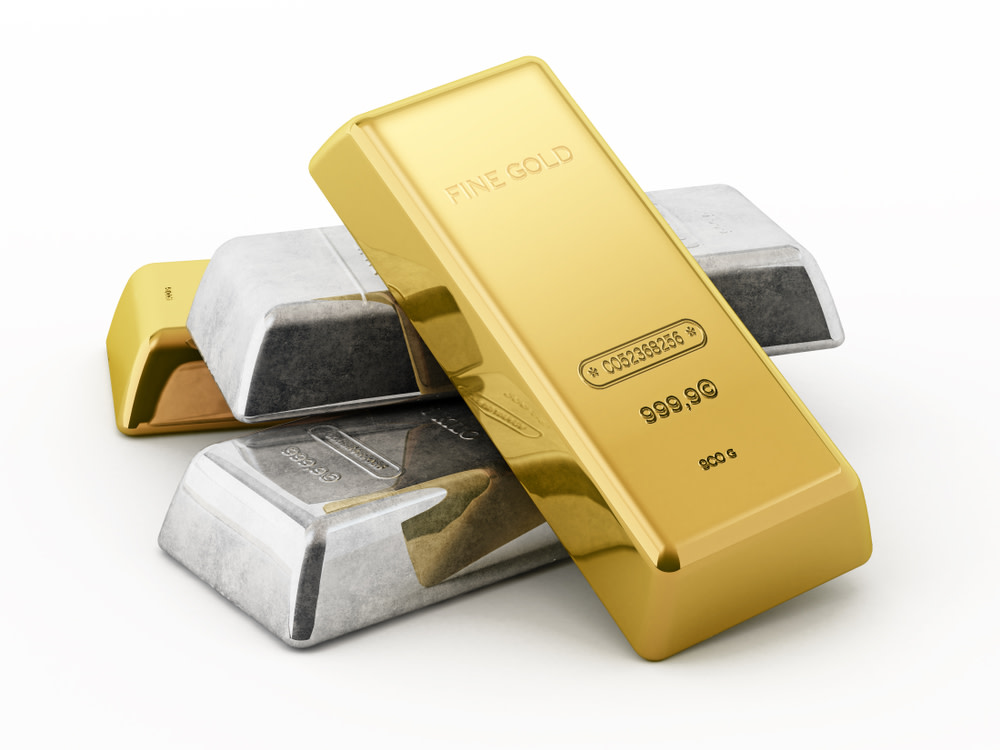
News
Precious Metals Continue to Outshine Tech and Biotech Over the Rolling Month
Shauvik Haldar
|
Overall, major U.S. stock indices were down for the rolling month.
Overview
Returns
Income
Allocations
Fees
About
ENZL | ETF |
$44.55
-0.20%
$99.47 M
0.00%
-
-5.93%
-9.70%
-0.58%
3.91%
0.50%
CNZLX | Fund | Other
$10.44
+0.19%
$11.60 M
0.27%
$0.03
-12.34%
-11.05%
-1.32%
0.90%
2.81%
Get the lastest fund and ETF news in your inbox each week.
Receive latest news, trending tickers, top stocks increasing dividend this week and more.

News
Shauvik Haldar
|
Overall, major U.S. stock indices were down for the rolling month.

News
Shauvik Haldar
|
Overall, major U.S. stock indices went down for the rolling month. Precious metal...

News
Shauvik Haldar
|
Overall, some of the major U.S. stock indices marginally declined for the rolling...

News
Shauvik Haldar
|
Overall, the U.S. stock markets maintained their positive momentum for the rolling month.
Mutual Fund Education
Daniel Cross
|
While CITs and mutual funds share many similarities, there are some key differences...
Taxation
Justin Kuepper
|
Let's see why mutual funds could incur surprise taxes and how tax-managed funds...
Mutual Fund Education
Sam Bourgi
|
The phrase ‘bear market’ has been thrown around a lot lately, but it...
Portfolio Management
Check out our special report on engaging millennials through their increasing interest in...